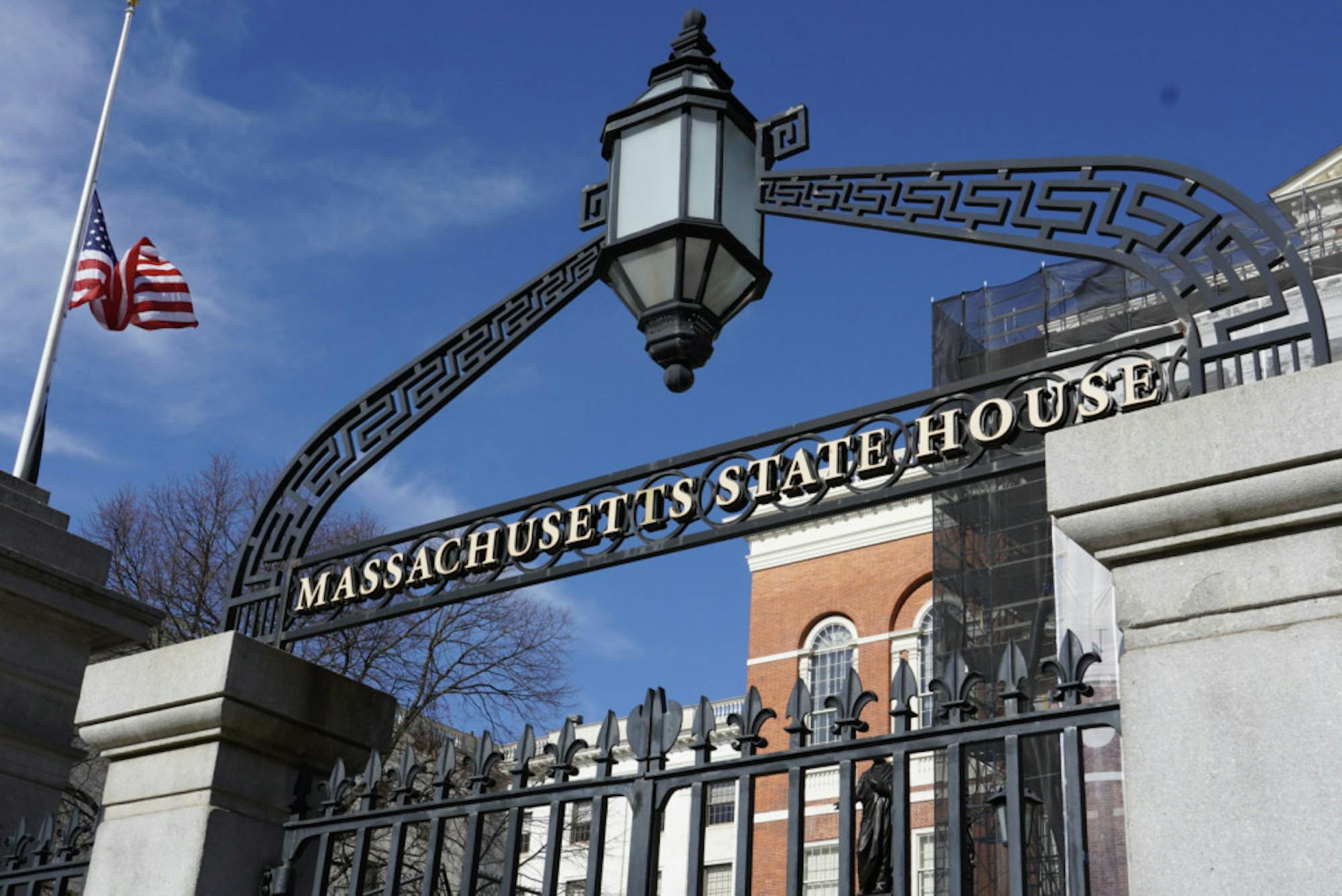Massachusetts Gov. Charlie Baker vetoed funds for a public education campaign aimed at crisis pregnancy centers, or anti-abortion clinics that pose as authentic medical centers in order to deceive pregnant people into taking their advice, on Nov. 11. The funding had been part of a significant economic development bill passed unanimously by the state House of Representatives and the Senate on Nov. 3, much of which was devoted to supporting access to reproductive care.
“What crisis pregnancy centers typically do is [they] will entice people. They aggressively advertise on the internet and will claim that they offer a range of services and options [such as] free pregnancy tests or free ultrasounds,” Somerville City Councilor-at-Large Kristen Strezo, who championed an ordinance passed last March that banned crisis pregnancy centers in Somerville, said. “These centers are typically unstaffed by any medical providers and their main goal is to talk people out of … making decisions for themselves.”
According to Councilor Strezo, crisis pregnancy centers attempt to lure in all pregnant people, but particularly target low-income women, women of color or younger women. Those who enter crisis pregnancy centers might believe they are stepping inside an actual reproductive clinic, only to be met with false medical information.
“Their whole business model is based on deception and inaccurate claims … by misrepresenting medical information,” Strezo said.
Paige Duff, a sex health advocate who is currently working on a project related to crisis pregnancy centers in her political science class, said crisis pregnancy centers are often incredibly easy for people to access.
“One of the things that is most troubling about crisis pregnancy centers is even though most of them do not offer abortion services at all, they will include rhetoric about abortion and … choice on their websites.” Duff, a junior, said. “They’re not going to provide abortion services, but they’re showing up anyway.”
Duff was disappointed by the governor’s decision to veto the funding and thought the public education campaign that Baker vetoed would have helped reduce the power that crisis pregnancy centers hold and made more people aware of their tactics.
“The implication of this decision is that it means that it’s up to people, like sex health educators, on a very small level … [to try] to break down crisis pregnancy centers for people because the state hasn’t funded an educational campaign that could do so much of that work,” Duff said. “Am I happy to do it? 100% ... but would it be more effective if it was happening at a standardized state level [instead of] me talking to someone in my college house? Of course.”
Paige Shayne, president of the Tufts Students for National Abortion Rights Action League, echoed this sentiment.
“If there was more education about [the centers], that would hold these pregnancy crisis centers accountable for giving correct information. … Since people don’t really know that what [the centers] are giving is incorrect, there’s nothing holding them accountable or making them give the correct information,” Shayne said. “That, in combination with the fact that [these centers] don’t legally need to give correct information, is a super dangerous mixture, and women are going to get wrong information and be shamed into not having abortions, even if that’s the right thing for their own bodies.”
While Baker’s decision comes as a disappointment to many reproductive rights advocates, Councilor Strezo emphasized that there is still reason to have hope.
“I am encouraged by the incoming governor, lieutenant governor, attorney general and all of the great work that they are all going to do for choice, for body autonomy, for respecting a right to choose [and] for abortion rights,” Strezo said. “There are many, many elected officials throughout the Commonwealth who are interested in protecting their constituents’ access to abortion and reproductive care, because all this is, is health. It’s all healthcare.”
On the Tufts campus, student groups like NARAL are preparing to fight back and compensate for the lack of an education campaign around crisis pregnancy centers. NARAL is planning to send out a newsletter about the decision in the coming weeks to ensure that Tufts students are well informed.
“Even though [there’s] not going to be an official education campaign about it, reproductive centers and clubs on campus can do a good job of spreading that information and making sure people know about [crisis pregnancy centers],” Shayne said.






